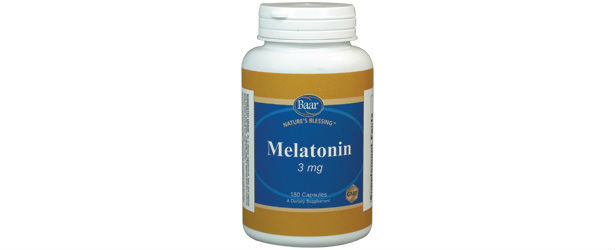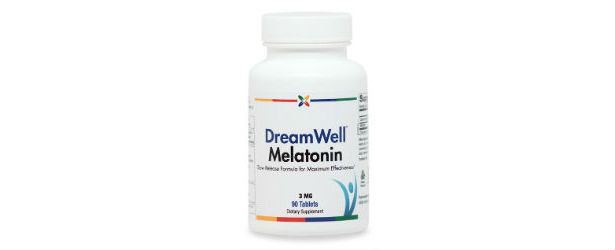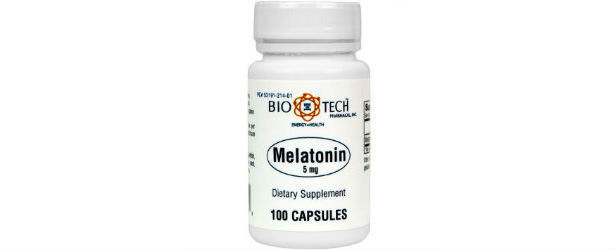
How does shift work affect your health?
Working shifts or shift work can affect how healthy you are. Your body naturally synchronizes with day and night using your circadian clock. It is a part of your brain that will release hormones to make you tired when your eyes see less light. When you work a shift, you will notice that your body is confused if the shift does not allow you to sleep when it is dark outside. This can lead to health problems like heart disease, obesity, digestive issues, and sleep problems.
The average sleep and wake cycle for humans is to wake during the day and sleep for around eight hours at night. The “circadian clock” is designed to monitor how much light you see. When it starts to get dark, the brain gets flooded with melatonin, a hormone that tells the body to sleep. Over time, the sleep cycle has evolved to an average eight hour cycle. Throughout the night, melatonin rises in the brain and then falls off during the day.
 Neurotransmitters like noradrenaline and acetylcholine which will increase in the body to keep you awake. Other functions in the body like temperature, heart rate, blood pressure, or digestion fluctuate during the day as they are in tune with the circadian clock.
Neurotransmitters like noradrenaline and acetylcholine which will increase in the body to keep you awake. Other functions in the body like temperature, heart rate, blood pressure, or digestion fluctuate during the day as they are in tune with the circadian clock.
When a person works nights or starts working before 6 am, works against their circadian clock and that can cause serious health risks. Research shows that this is hazondous to the health of the health of these individuals.
Your metabolism during night time hours
Internal body temperature is a vital body function that follows the circadian rhythm. During the day, the temperature increases starting with lower levels during the morning hours and then hits the top level around noon. Between midnight and four in the morning, is when the body’s temperature is the lowest. As it rises, it is most difficult to stay asleep.
Risks of night shirt workers
A person who works the night shift and disrupts the circadian rhythm, is at greater risk for these misfortunes, accidents, or disorders which include:
- Increased chances of becoming obese
- Higher risk of having mood swings

- Increased risk of heart or other cardiovascular diseases
- Increased risk of some gastrointestinal issues
- Higher risk of having an accident from an automobile or at work
- Risk of epilepsy in people that are pre-disposed
- Increase in family issues
- Diabetics can have difficulties when controlling levels of blood sugar
Sleep Issues
On average, shift workers will sleep two hours less than other workers. They may sleep through the day in two separate split periods which include two or three hours during morning hours and then a few hours before work. they may have difficulty sleeping during the day unless they can find an environment that is dark and free of noise. Cooler sleeping areas are better for shirt workers.
Rotating shift workers
When changing shifts it can take at least ten days to adjust to the new schedule. The best shift has not been decided but some people believe that there are times when this works better than night shift work because some days the body can get regular sleep. When working a twelve hour shift, the body’s tolerance is stretched to the farthest limits. Overtime is no
TOP 5
JET LAGTreatments |
|||||
| JetRelief | JetZone Jet Lag Prevention | No-Jet-Lag | JetFighter Sleep | The Organic Pharmacy Jet Lag | |
|---|---|---|---|---|---|
| 1 | 2 | 3 | 4 | 5 | |
| Price (1 bottle) Price (6 bottles)best value |
$49.95 $139.80 |
$8.75 $52.50 |
$11.99 $71.94 |
$34.99 $209.94 |
$11.93 $119.58 |
| Overall Rating | 99.50% | 87.90% | 75.90% | 74.70% | 68% |
| Effectiveness |





|





|





|





|





|
| Speed of Results | Extremely Fast | Good | Average | Average | Slow |
| Quality of Ingredients | Premium | Good | Good | Average | Unknown |
| Customer Satisfaction Evaluation | 99.20% | 84% | 76.20% | 72% | 66.30% |
| Safety Evaluation | Safe for Use | Safe for Use | Safe for Use | Safe for Use | Safe for Use |
| Customer Service Rating |





|





|





|





|





|
| Reorder Rate | Highest | Good | Good | Average | Average |
| Return Policy | Risk Free | No | No | Unclear | Unopened |
| Success Rate | 99.40% | 81.10% | 74% | 71.20% | 62% |

 Subscribe Now
Subscribe Now











